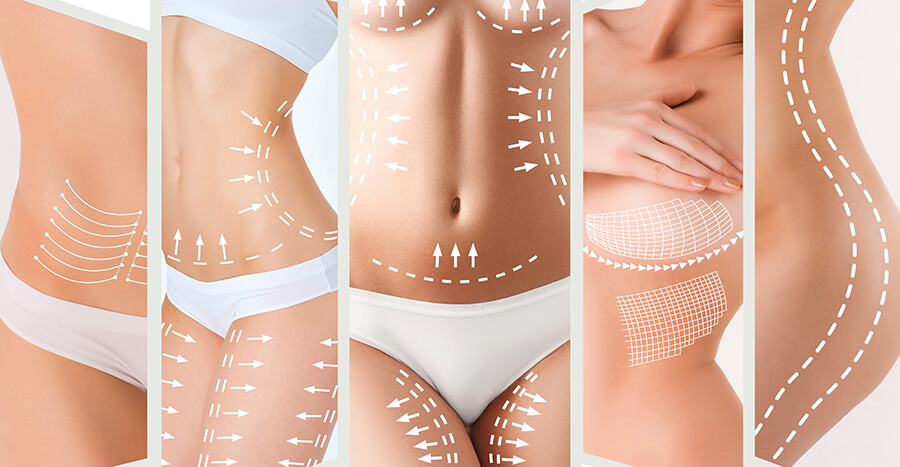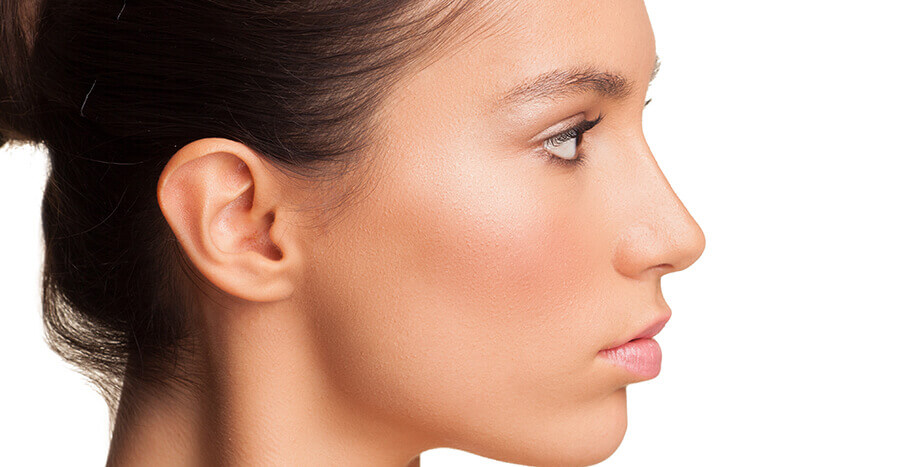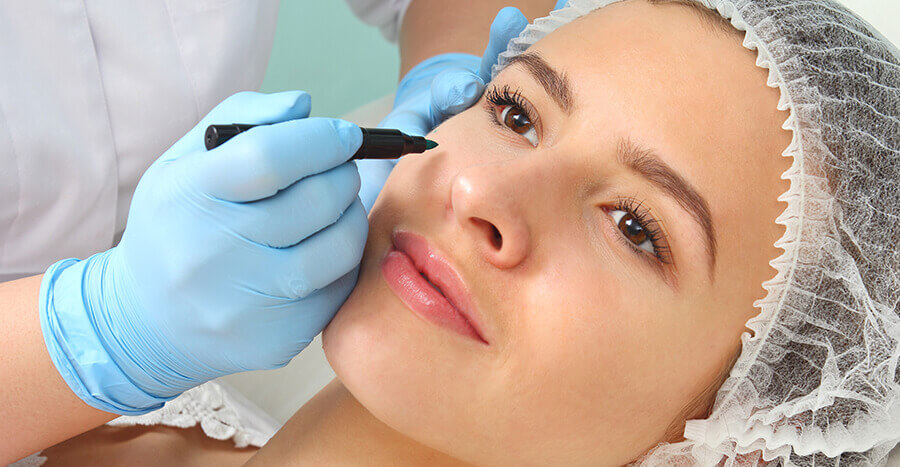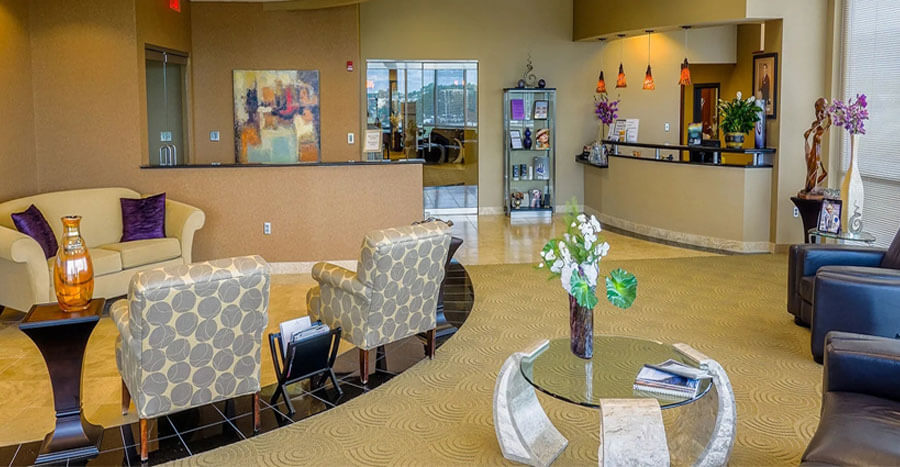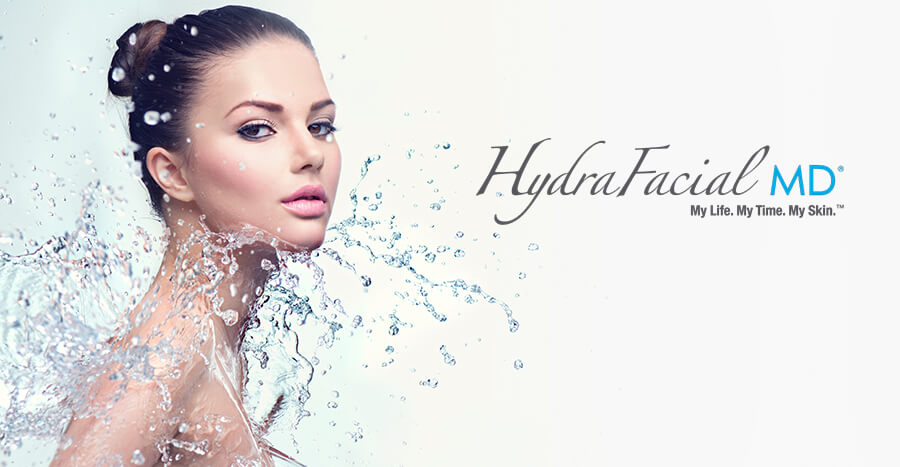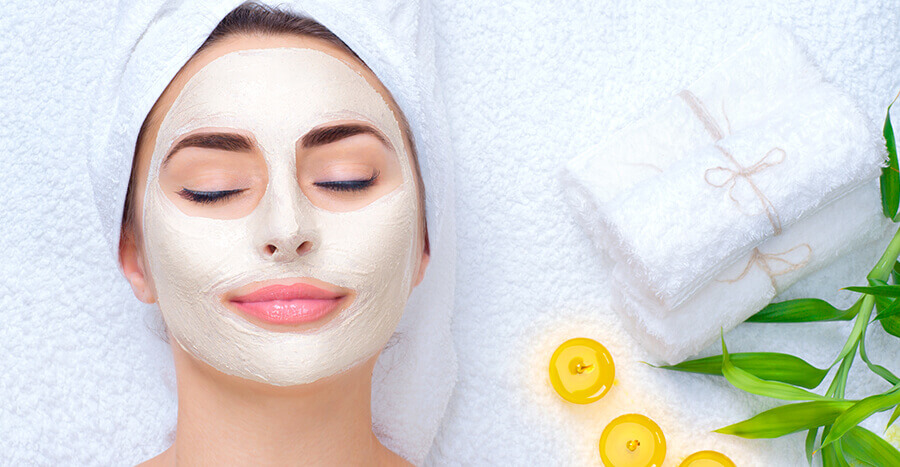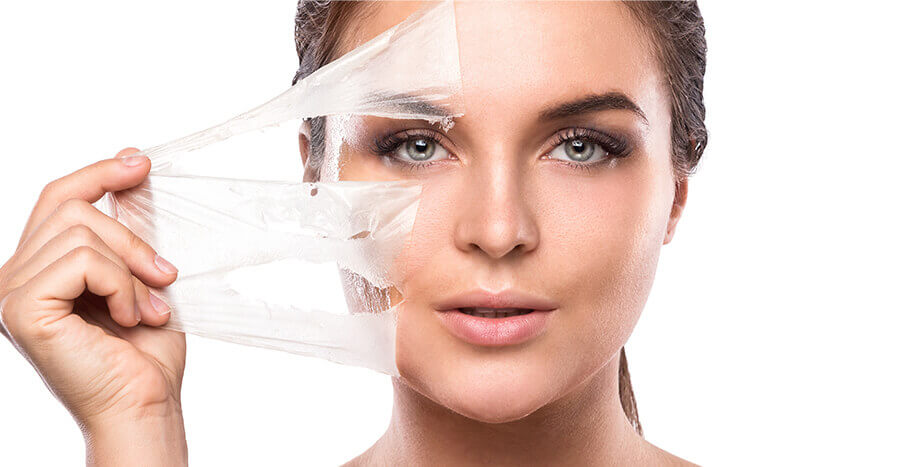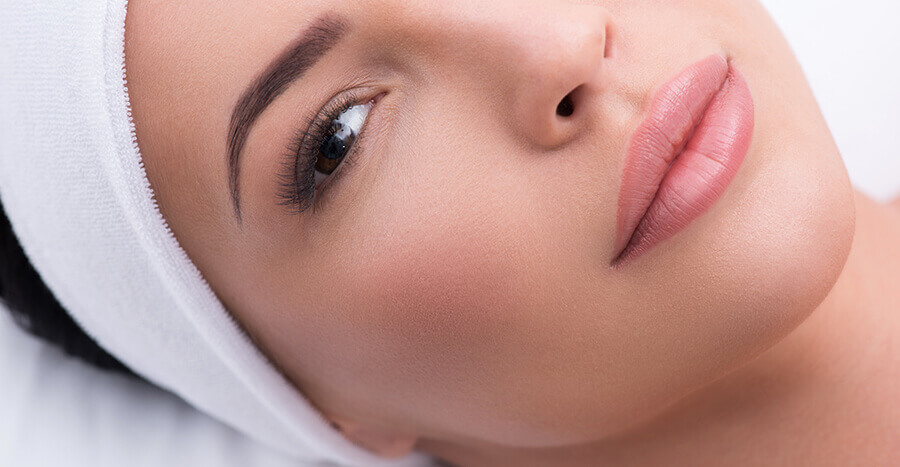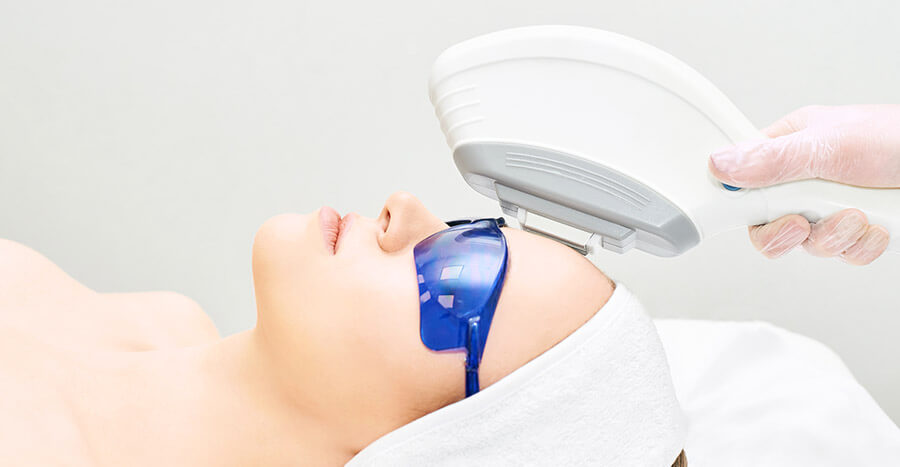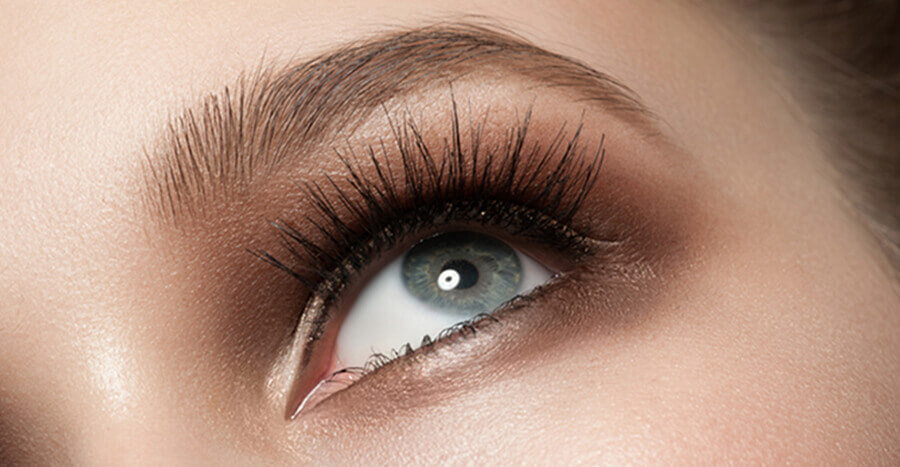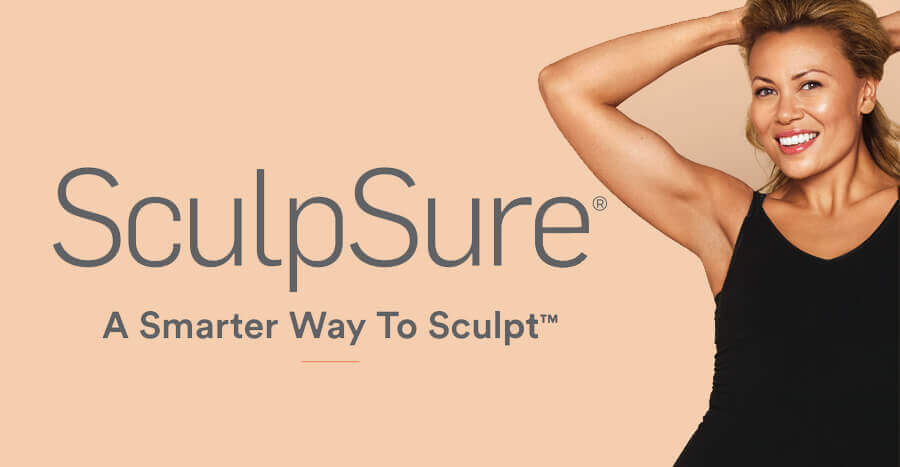Plastic surgery can be transformative, enhancing your natural beauty and boosting your confidence. At Aesthetic Surgical Arts/Mia Bella Donna Medspa in Overland Park, KS, we offer a range of procedures that enhance the appearance of your face and body. Because preparation plays a vital role in ensuring optimal results, we always help our Kansas City patients to develop a great pre-surgery routine. Let’s have a look at what to avoid before your operation.
What Should You Avoid Before Plastic Surgery in Kansas City?
Before undergoing cosmetic surgery, it is crucial to avoid certain substances and actions. Smoking and the use of nicotine products should be discontinued several weeks before and after the procedure, as they can interfere with healing and increase the risk of complications. Alcohol should also be avoided, as it can affect anesthesia and impair the body’s ability to heal.
Certain medications and supplements, such as blood thinners and herbal supplements, may need to be temporarily stopped to reduce your risk and speed up healing. Adequate hydration and a healthy diet are vital, as they enhance your body’s ability to recover and integrate the results. It is essential to follow our instructions regarding medications and lifestyle choices.
Smoking
Smoking is particularly harmful before cosmetic surgery due to its detrimental effects on the body’s healing process. The chemicals in tobacco smoke restrict blood vessels, reducing blood flow and oxygen delivery to your tissues. This affects the body’s ability to heal properly, increases the risk of infection, and prolongs recovery time. Additionally, smoking can interfere with anesthesia.
To ensure the best possible outcome, it is crucial to quit smoking well in advance. If you’re a smoker, we understand that quitting can be challenging. We recommend seeking support from experts, who can provide guidance and resources to help you stop. Quitting smoking not only benefits your surgical results, but also improves your overall health and well-being.
Alcohol and Recreational Drugs
Consuming alcohol and using recreational drugs before surgery can have negative effects on both your health and the outcome. These substances can interfere with anesthesia, affecting its efficacy and potentially leading to complications during surgery. Moreover, alcohol and recreational drugs can impair judgment and increase the risk of infection.
It is crucial to abstain from these substances for several weeks or months before and after your surgery. If you are struggling with substance use, seek professional help and support. Rehabilitation centers, support groups, and specialized doctors can assist you in addressing substance use concerns and provide the necessary resources to overcome addiction and ensure a safe surgical experience.
Medications and Supplements
Certain medications and supplements may need to be avoided before cosmetic surgery. Examples include blood thinners like aspirin, non-steroidal anti-inflammatory drugs (NSAIDs), and herbal supplements such as ginkgo biloba or garlic. These substances can increase the risk of bleeding during and after surgery. It is crucial to disclose all medications and herbal remedies you are taking to our Kansas City team during your initial consultation.
We will provide you with specific instructions regarding which medications should be discontinued and for how long. It’s important to note that not all medications or supplements impact the healing process negatively. We will guide you on which ones are safe to continue taking, ensuring the best surgical outcome while maintaining your health.
Large Quantities of Food
Before certain cosmetic procedures, it is typically necessary to fast for a specific period of time. Fasting is important because it helps minimize the risk of complications, such as aspiration. We will let you know when to stop eating and drinking before the operation.
We usually recommend that patients avoid heavy or fatty foods that may cause digestive discomfort or interfere with anesthesia. Instead, opt for light, easily digestible meals leading up to your procedure. It is important to stay hydrated by drinking water as per our instructions. Following these dietary guidelines will help ensure your safety and create the optimal conditions for a successful operation.
Sun Exposure
Excessive sun exposure before plastic surgery can have adverse effects on the skin and interfere with the healing process. Ultraviolet (UV) radiation from the sun damages the skin, leading to inflammation, delayed wound healing, and increased risk of scarring. It’s important to protect your body by avoiding sun exposure, especially in the weeks leading up to your surgery.
This includes avoiding tanning beds and similar artificial tanning locations, as they also emit harmful UV radiation. When outdoors, wear protective clothing, such as wide-brimmed hats and long sleeves, and apply a broad-spectrum sunscreen with a high sun protection factor (SPF) to exposed skin.
Dehydration
Dehydration occurs when the body loses more fluids than it takes in. You might be dehydrated if you sweat excessively, don’t drink enough, or have a medical condition. Dehydration is problematic before surgery because it can hinder blood circulation and impair wound healing. To avoid it, maintain proper hydration in the days leading up to your surgery.
Drink plenty of water and avoid excessive consumption of diuretic substances like caffeine or alcohol, as they can contribute to fluid loss. A helpful tip is to carry a refillable water bottle with you throughout the day and sip water regularly.
Weight Fluctuations
Weight fluctuations, whether gaining or losing significant amounts of weight, can impact the outcome of cosmetic surgery. Fluctuations can affect the body’s proportions and alter the results of the procedure. It’s essential to maintain a stable weight leading up to your surgery. Focus on adopting a healthy and balanced diet, rich in fruits, vegetables, lean proteins, and whole grains.
Avoid crash diets or extreme weight loss methods, as they can compromise your overall health and increase the risk of nutrient deficiencies. Regular exercise can also help maintain a stable weight and improve muscle tone. Consulting with a registered dietitian can provide personalized guidance and support to help you maintain a healthy weight and prepare for your cosmetic surgery successfully.
Stress and Anxiety
Stress and anxiety have profound effects on the body, including increased heart rate, elevated blood pressure, and weakened immune function. These factors can hinder the body’s ability to heal and recover effectively after cosmetic surgery. It’s crucial to manage stress and anxiety levels before your procedure. Prioritize self-care practices such as deep breathing exercises, meditation, yoga, or engaging in activities that bring you joy and relaxation.
Reach out to supportive friends or family members, and consider talking to a mental health professional if needed. Adequate rest and quality sleep are also essential for managing stress. Remember to communicate openly with our medical team in Kansas City about any concerns or anxieties you may have. Taking proactive steps to reduce stress will contribute to a smoother surgical experience.
Illness or Infection
If you are experiencing an illness or infection, it is important to notify us and reschedule your plastic surgery. Underlying medical issues can compromise your body’s ability to heal. It’s crucial to prioritize your health and ensure that you are in optimal condition for the operation.
To prevent infections, follow proper hygiene practices, such as washing your hands regularly. If you have any signs of infection, such as fever, cough, or other symptoms, seek medical attention promptly. We will provide specific instructions on when it is safe to proceed with the surgery after you have recovered from the illness or infection.
Lack of a Support System
Having a support system in place before undergoing cosmetic surgery significantly impacts your overall experience. Friends and family members can provide emotional support, help with daily tasks, and offer reassurance during the pre- and post-operative periods. It’s important to communicate your needs and concerns with your loved ones, allowing them to understand how they can best support you.
They can accompany you to consultations, assist with transportation to and from the surgical facility, and help with household chores or childcare responsibilities during your recovery. If you don’t have a strong support system in place, consider reaching out to local support groups or online communities, where you can connect with individuals who have undergone similar procedures. Additionally, we may be able to provide resources.
Unrealistic Expectations
Having realistic expectations is crucial for a satisfying outcome after surgery. It’s important to understand that cosmetic procedures can enhance your appearance but may not achieve perfection or completely change your life circumstances. To build realistic expectations, thoroughly discuss your goals and desired outcomes with us during the consultation. Ask questions and review before and after photos.
Avoid comparing yourself to unrealistic standards set by the media or others. Recognize that each individual’s results may vary based on factors such as anatomy, healing ability, and personal lifestyle. Embrace a positive mindset and focus on realistic improvements rather than pursuing an idealized version of yourself. We will provide professional insight to ensure that your expectations align with achievable outcomes.
What About After the Surgery?
After the surgery, it’s important to follow our instructions for a successful recovery. Gradually return to your normal activities, avoiding strenuous exercises and heavy lifting until cleared by us. Attend all scheduled follow-up consultations to monitor your healing progress and address any concerns.
Remember that the healing process takes time, and results will gradually improve over several weeks or months. Be patient with your body as it adjusts. Follow a healthy lifestyle with proper nutrition, hydration, and skincare. If you have any questions or experience unexpected changes during the recovery period, don’t hesitate to reach out for guidance and support.
How Long Is the Recovery Process?
The recovery process after cosmetic surgery varies. The type and extent of the surgery, the specific location treated, and your individual lifestyle and habits all play a role. Generally, most patients can expect a recovery period ranging from a few days to several weeks.
For less invasive treatments, such as minor skin surgeries, recovery may be shorter. However, more extensive operations may require several weeks of rest and restricted activities. Factors such as having a physically demanding job or engaging in strenuous exercise can prolong the recovery time. It’s important to follow our post-operative instructions closely.
What Now?
If you’re considering cosmetic surgery, the next step is to reach out to our clinic to set up a consultation. During this meeting, we will evaluate your health, discuss your goals, and perform any necessary physical exams and blood tests. This will help us determine which combination of surgeries is right for you to achieve your desired results.
Find Out More About Cosmetic Surgeries Now
When preparing for plastic surgery in Kansas City, avoid smoking, alcohol, recreational drugs, certain medications and supplements, sun exposure, dehydration, weight fluctuations, and stress. Prioritize your health, follow pre-operative instructions, and maintain open communication with our team. Call Aesthetic Surgical Arts/Mia Bella Donna Medspa in Overland Park, KS, to book your evaluation and learn about your options.

